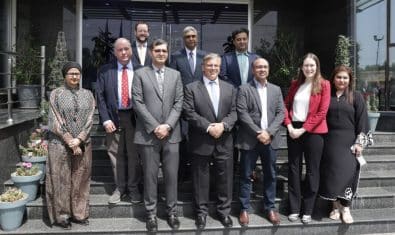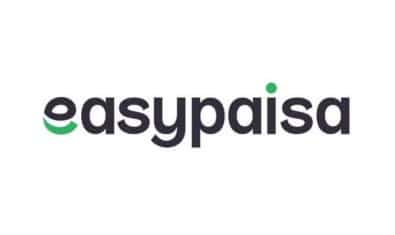Access to finance is vital for entrepreneurial development and economic growth in Pakistan. Despite the significant contribution of micro, small, and medium enterprises (MSMEs) to the economy, they have been grappling with multiple challenges. Rising inflation, economic disparity, and uncertainty have proven to be crucial dents.
It is important to note that there are more than 5 million SMEs in Pakistan, and they contribute 40% to national GDP with a 25% share in overall exports.
Moreover, the SME sector employs the highest percentage of the working population, contributing to 78% of non-agriculture sector employment. These businesses serve as crucial drivers of poverty reduction, economic expansion, and job creation in the country.
Realizing the importance of MSMEs, the United Nations General Assembly designated June 27 as “Micro-, Small, and Medium-sized Enterprises Day” to recognize the role and importance of MSMEs in achieving the Sustainable Development Goals (SDGs) and to identify the formidable challenges faced by them.
One of the significant challenges that MSMEs encounter is limited access to traditional bank lending due to structural barriers.
Despite their potential contributions to the economy, MSMEs often struggle to secure loans from traditional financial institutions. Information asymmetries, high transaction costs, and the lack of tangible collateral pose significant hurdles for SME owners and entrepreneurs seeking financing.
These barriers create a financing gap that inhibits the growth and development of MSMEs, preventing them from realizing their full potential.
In Pakistan digitalization also remains a challenge and while there has been progress in recent years, there are still various barriers that hinder the widespread adoption of digital technologies and services in the country.
Factors such as limited internet penetration, inadequate digital infrastructure, low digital literacy rates, and socioeconomic disparities contribute to the digital divide in Pakistan.
In the face of these challenges, it is important that favorable digital financial ecosystem is created for SMEs to accelerate the pace of growth. There are many fintechs in Pakistan that are now focusing on convenient, swift, and digital disbursements to SMEs.
A case in point being easypaisa. Harnessing the transformative power of mobile wallets and digital banking services, easypaisa provides invaluable support to the unbanked and underbanked MSME community by contributing to the financial inclusion of underserved populations, empowering individuals to participate in the formal economy and gain access to formal credit.
The platform has provided more than 10K loans worth PKR 3.47 billion to MSMEs in the last one year. easypaisa plans to further expand and disburse MSME loans of up to PKR 1 million limit in Q3-2023.
The entire process of loan application and disbursement has been digitized as well to facilitate small businesses in the best possible way.
Other players such as JazzCash, UBL Omni, and UPaisa, are also working to create an ecosystem where MSMEs can thrive. They have forged a vast network of agents to impart financial literacy and provide touchpoints for MSMEs seeking financial services.
Through these agents, easypaisa and their counterparts ensure that MSMEs can effortlessly deposit, withdraw, and manage their finances, driving their growth potential to new heights.
According to the guidelines paper of the State Bank of Pakistan (SBP) for the Digital Financial Services – Innovation Challenge Facility, it has been projected that the market potential of Digital Finance services in Pakistan will surpass $36 billion by 2025.
This growth is expected to contribute a significant 7 percent boost to the country’s GDP and generate employment opportunities for approximately 4 million individuals.
On this day, it is evident that the road to success for Pakistan’s MSMEs is not without its trials. Yet, through the collaborative efforts of industry players, the tide is turning. These engines of growth with innovative solutions have been able to explore the circuit of financial inclusion, leading them toward prosperity.
However, to truly realize their enormous potential in this sector, it demands a collective effort, with policymakers, financial institutions, and stakeholders collaborating to dismantle barriers, foster a nurturing digital ecosystem, and pave the way for a flourishing growth of MSMEs, propelling Pakistan to a sustainable future and a stronger economy.
This article is written by Huzefa Muhammad. He is a freelance writer with a keen interest in Banking and Financial sector.






















